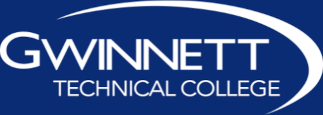Help students understand what you
mean when you give them directions about what steps to take or what sources to
consult in doing research. For example, simply saying “no Internet resources”
makes students wonder whether library databases accessed over the Internet are
also forbidden. Similarly, students often believe they cannot use encyclopedias
when a subject encyclopedia may be a very useful and appropriate resource (e.g.
Encyclopedia of Management). Giving library-related
assignments in writing will help reduce confusion.
Knowing what students are working
on and what resources they are expected to use will help the library provide
better service.
Information sources are constantly
changing. New sources appear and methods of accessing information are evolving.
Please check with the library to ensure that students are being directed to the
most current sources and to ensure that the library holds or provides access to
the needed information. It is also important for students to be aware that
information about current topics may be limited to newspaper sources, as
journal articles and books take time to appear.
For most assignments students
should neither be directed to find their information exclusively on the web nor
be told to avoid the web. There is a lot of credible information on the free
web (e.g., from government and educational non-profit agencies). But the
library also subscribes to many high-quality and expensive electronic sources
that are accessed via the web and are very different from free web resources
(e.g., google).
These focus on finding random facts rather than requiring students to learn research skills and think critically about the information they have found. Also, many students see it as "busywork," and just another hoop to go through.
Here are some suggestions for library &/or
information-related assignments. They can be modified to suit the needs of a
particular course or discipline.
Some Questions to ask about ANY information.
Currency: How recent is the
information, and when was it last updated?
Accuracy: How reliable is the
information. Are the facts accurate?
Organization: Is it easy to find
the information you need?
Bibliography: Can you cite the
work in a bibliography or works cited? Does it give you the author, title, publisher, and
date?
Usefulness: How useful is it when you don’t know where to start?
